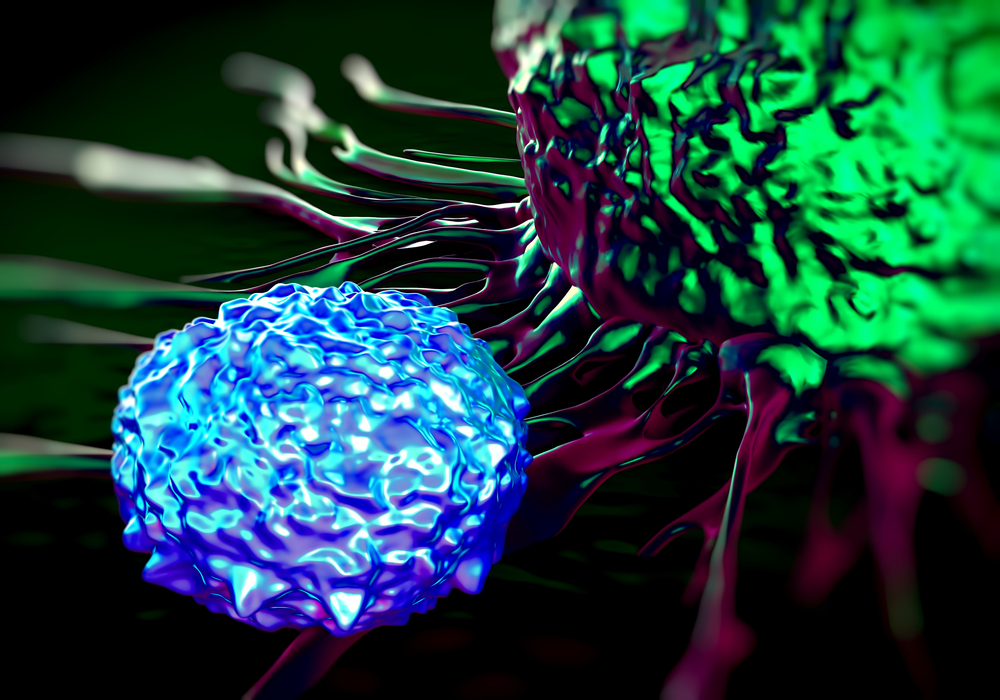Enzyme Seen to Counter Auto-Antibody Buildup in Mice, a Cause of Lupus
Written by |

Researchers at New York University School of Medicine discovered that an enzyme’s failure to digest the DNA from dying cells can trigger the production of the auto-antibodies that are the hallmark of systemic lupus erythematosus (SLE). The findings were published in Cell, in a study titled “Digestion of Chromatin in Apoptotic Microparticles Prevents Autoimmunity.”
“Our study reveals a new mechanism that could be harnessed for biological therapies for lupus and other autoimmune diseases, where the immune system mistakenly targets the body’s own cells,” Boris Reizis, PhD, professor of Pathology and Medicine at NYU Langone and the study’s senior author, said in a press release.
The researchers identified an enzyme, known as DNASE1L3, whose depletion may be involved in lupus pathogenesis by increasing the amount of nuclear auto-antibodies. (SLE, an autoimmune disease, is characterized by the production of auto-antibodies against nuclear antigens, which attach to DNA and form complexes that cause damaging inflammation.)
DNASE1L3 is a protein with the unique ability to digest DNA in the microparticles released by dying cells, which, if not digested, enter the bloodstream. Consistently, mice genetically engineered to lack DNASE1L3 have elevated DNA levels in their plasma, particularly in these microparticles.
The investigators found that this increase in blood DNA led to a rapid development of anti-DNA auto-antibodies and inflammation in the mice, leading to lupus disease processes.
Importantly, they found that increasing the circulating levels of DNASE1L3 significantly delayed the production of auto-antibodies and restricted auto-immunity, suggesting that administering this enzyme to patients with lupus may be a means of decreasing disease severity.
“We also confirmed that human patients with a missing or malfunctioning DNASE1L3 gene had an abundance of circulating DNA and developed antibodies to it, and that such antibodies were also present in most forms of lupus,” Dr. Reizis said. “This opens up a potential avenue for a new treatment, including the possibility of administering DNASE1L3 as a drug.”
Often, lupus treatments are poorly tolerated by patients. These findings may lead to the development of new and more suitable therapies for this disease.




